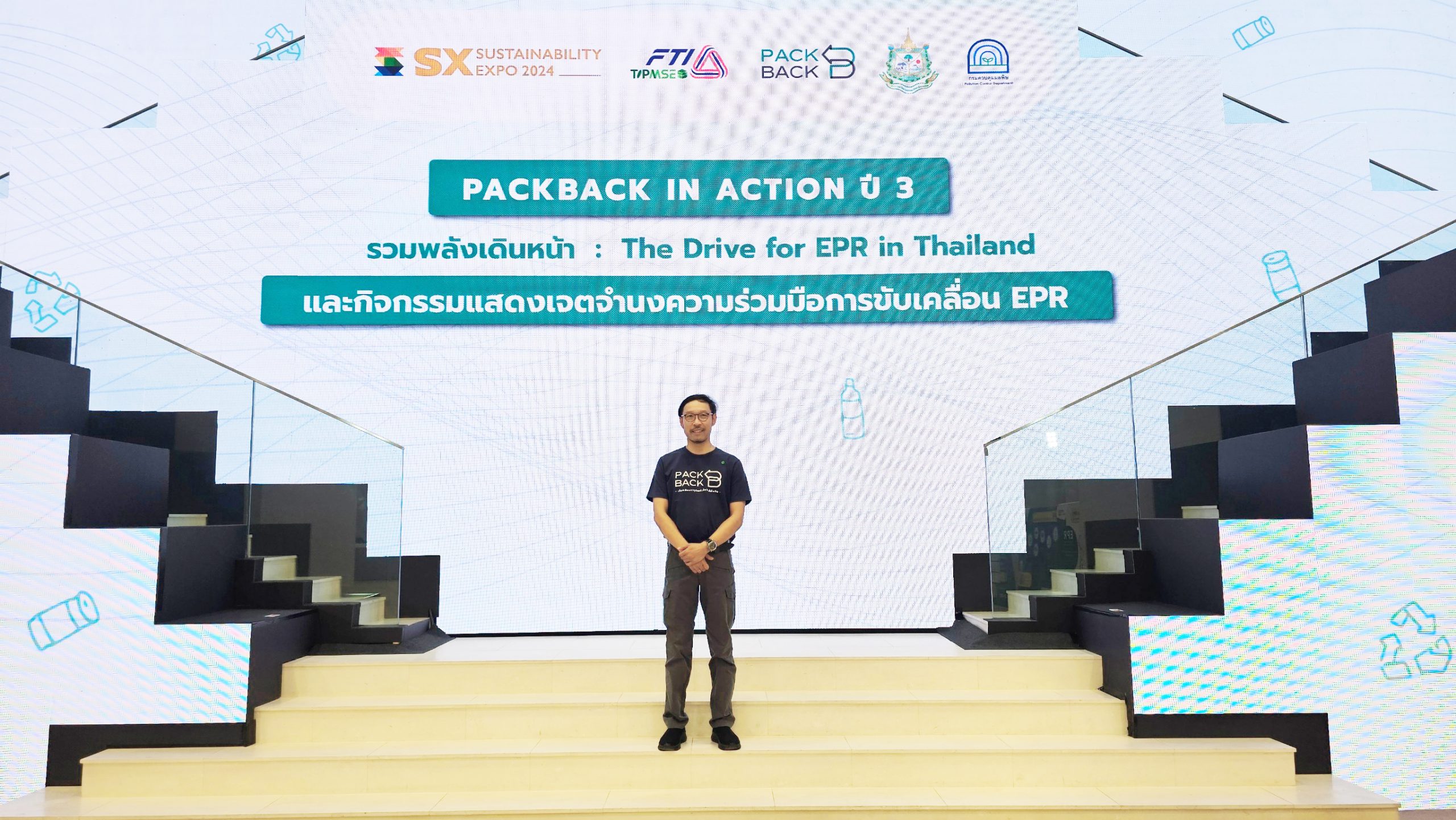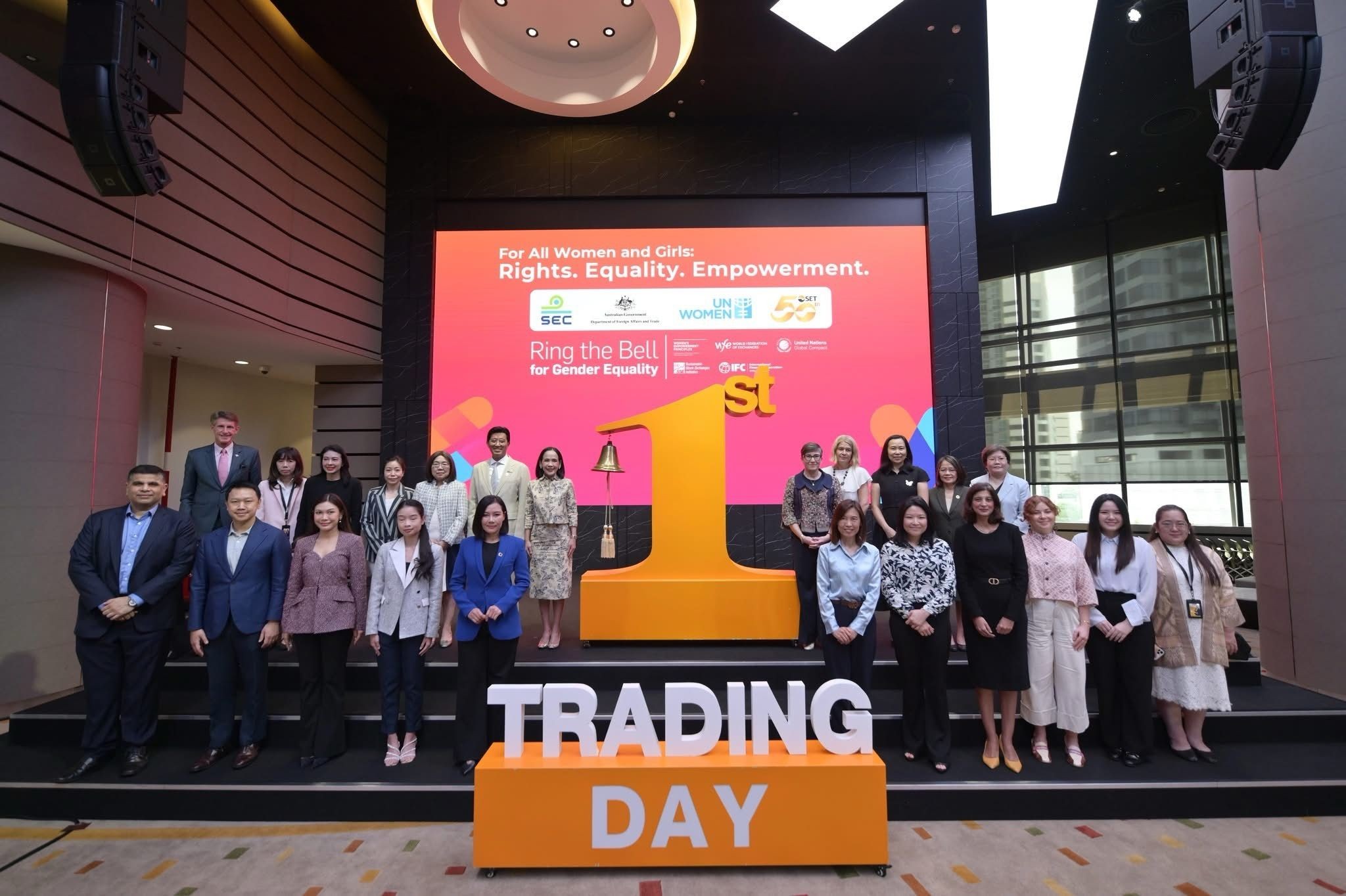Mr. Adisak Ruckariyaphong, Chairman of Executive Committee and Sustainability Committee Chairman of Sappe Public Company Limited or SAPPE, joined force with Thailand Institute of Packaging and Recycling Management for Sustainable Environment (TIPMSE), the Federation of Thai Industries, the pollution control department under Ministry of Natural Resources and Environment and PackBack allies in a total of 149 organizations, declaring the intent of PackBack in Action network for third consecutive year. At the declaration of intent ceremony, SAPPE and its TIPMSE allies were committed to advancing PROVE: The Drive for EPR in Thailand initiative, underscoring their intentions to drive the business towards the United Nations Sustainable Development Goals (SDGs) in line with Environment Social and Governance (ESG) standards, which cover environment, social and corporate governance dimensions.
The ’PackBack: Returning Packaging for Sustainable Days’ project has been carried out by the task force to drive four guidelines; studying mechanism for packaging development in accordance with Extended Producer Responsibility (EPR) principles, creating prototype and collecting relevant information, raising awareness of proper packaging management and understanding the EPR system, and expanding collaboration to increase participation from the production sector. The project was initiated to create effective mechanism or ecosystems suitable for the Thai context in continuously recycling the packaging waste from consumption. It aims to prevent negative impact on the environment and promote sustainable development under the Circular Economy principles throughout the product lifecycle while adhering to the government’s Bio-Circular-Green (BCG) Economy Model.






